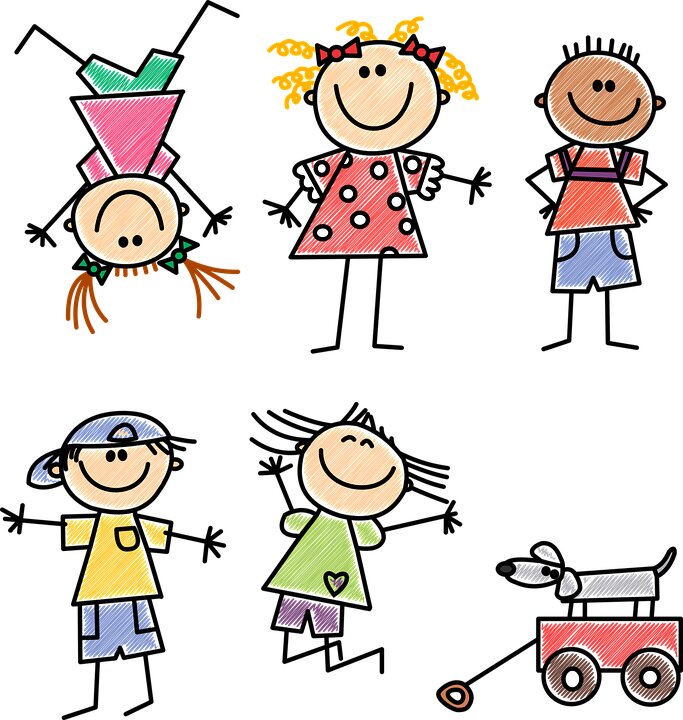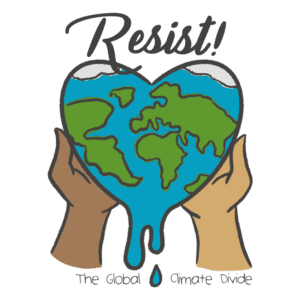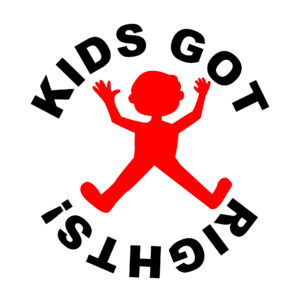Every 20th November, the world celebrates the UN CRC day in commemoration of the Declaration of the Rights of the Child in 1954 and the adoption of the Convention on the Rights of the Child in 1989. The CRC comprises three main pillars – the right to safety, the right to development and the right to participation, and this day is celebrated to promote international togetherness, awareness among children and improving the welfare of children worldwide.
The UN CRC sets out the civil, political, economic, social, health and cultural rights of children and envisions a world where children are healthy, in school and at play, children growing up surrounded by love and support from family and the society around them and a transition into adulthood devoid of fear, violence, abuse and exploitation.
The UN CRC is one of IFM-SEI’ major documents in fighting for children right and ensuring children are empowered to know their rights and demand for them to build the future they dream of.
Sadly, however, 31 years after the coming into force of the convention, the reality of most children around the world is in direct contradiction to the vision of the convention through 196 countries worldwide have ratified it.
Safety
- Hundreds of millions of children worldwide have had to face an early end to childhood due to malnutrition, exclusion from education, ill-health, child marriage, early pregnancy conflict and violent extremism.
- In 2016, an estimated 5.6 million girls under the age of 18 become child brides. Save the Children analysis reveals a further 2.5 million girls at risk of marriage by 2025 due to Covid-19 with an estimated one million girls at risk of becoming pregnant in 2020 alone.
- Globally, 1 billion children aged between 2-17 years old experience physical, sexual or emotional violence and neglect each year and the pandemic threatens to exacerbate the risk of violence against children, particularly for those who are already at greater risk of violence.
- 870 children were killed in Syria between January and September this year, the highest number ever in the first nine months of any year since 2011.
- According to UNICEF, in Yemen where a child is lost every other 10 minutes due to preventable diseases and an extra 400,000 continuously suffer from acute malnutrition, the UN reported 1,427 children killed or maimed in attacks, including an ‘unconscionable’ attack on a school bus in Sa’ada. Schools and hospitals have come under frequent attack or been used for military purposes, denying children access to their right to education and health care.
- Today many children are suffering as they live in war-torn countries with many being used as human shields, killed, maimed or recruited to fight. From Syria to Yemen, Nigeria to DRC and South Sudan and other conflict areas, children have had to face incidence of rape, forced marriages and abduction.
Development
- Malnutrition in children includes undernutrition which results in wasting, stunted growth and underweight, lack of or inadequate vitamins or minerals, overweight obesity etc. The WHO reports that nearly half of all deaths in children under age 5 are attributable to undernutrition which puts children at higher risks of dying from common infections, increases the frequency and severity of such infections, and delays recovery. Today about 47 million children under 5 years of age are wasted, 14.3 million are severely wasted, and 144 million are stunted, while 38.3 million are overweight or obese.
- One out of every five school-aged children is not in school due to issues such as poverty, disability, gender disparities, location etc. Covid-19 further exacerbates the problem with more than 1.6 billion learners globally, having faced school closures due to the pandemic. ‘Save the Children’ predicts that the unprecedented disruption to children’s education will result in at least 10 million children not returning to school, with girls and the most marginalized and deprived children most affected.
- Cameroon records attack on schools, students and teachers with the ongoing conflict in the North-West and South-West regions of the country which saw more than 80 people, including children, abducted and released a few days later from a school in Nkwen, in the north-west of the country.
- In the last months, Azerbaijan started attacks against Artsakh (Nagorno-Karabakh) and Armenia resulting in grave impacts on the over 24000 children in Artsakh, destruction of their homes, school infrastructure and depriving them of their right to safe access to education.
Participation
- Today’s generation of young people is above 1.8 billion between ages 10 and 24. Most of them live in developing countries, often comprising a huge proportion of the population. Yet, too many youths are unable to participate fully in society; around 175 million young people in low-income countries cannot read a full sentence. Among those aged 15-24, some 500 million live on less than $2 a day, and over 73 million are unemployed. For girls, the barriers to participation are even higher.
- Although UNCRC is ratified and referenced by a lot of governments, in reality, children are rarely given the opportunity to participate meaningfully. Their views are not respected nor given due weight and children do not receive feedback about the opinions given. For IFM-SEI, we understand children’s participation as a fundamental right, and it is a general principle within our movement. Our members’ organizations make projects and activities for children and by children.
All these issues greatly affect the rights of children and undermine the essence and purpose of the UN CRC. This is why we must all rise up and put the rights of children at the forefront of discussions as well as local and international development.
Children do not have to suffer for the careless and irresponsible decisions of some adults. They need to be protected, cared for and supported to be happy and live their lives to their full potential.
We must ensure children all over the world can return to school and have a safe school environment, can access an inclusive and robust social protection scheme, are rightly fed and can access equitable health and nutrition systems. Children must be protected from all forms of violence and access mental health services, and above all, we must ensure an inclusion of children in decision-making processes, especially with issues that concern them.
This UN CRC day, let us all take a step back and take a critical look at the many ways we have failed the children in our world and resolve to implement policies and take actions to create a better, resilient, safe and happy world for children!











Comments are closed